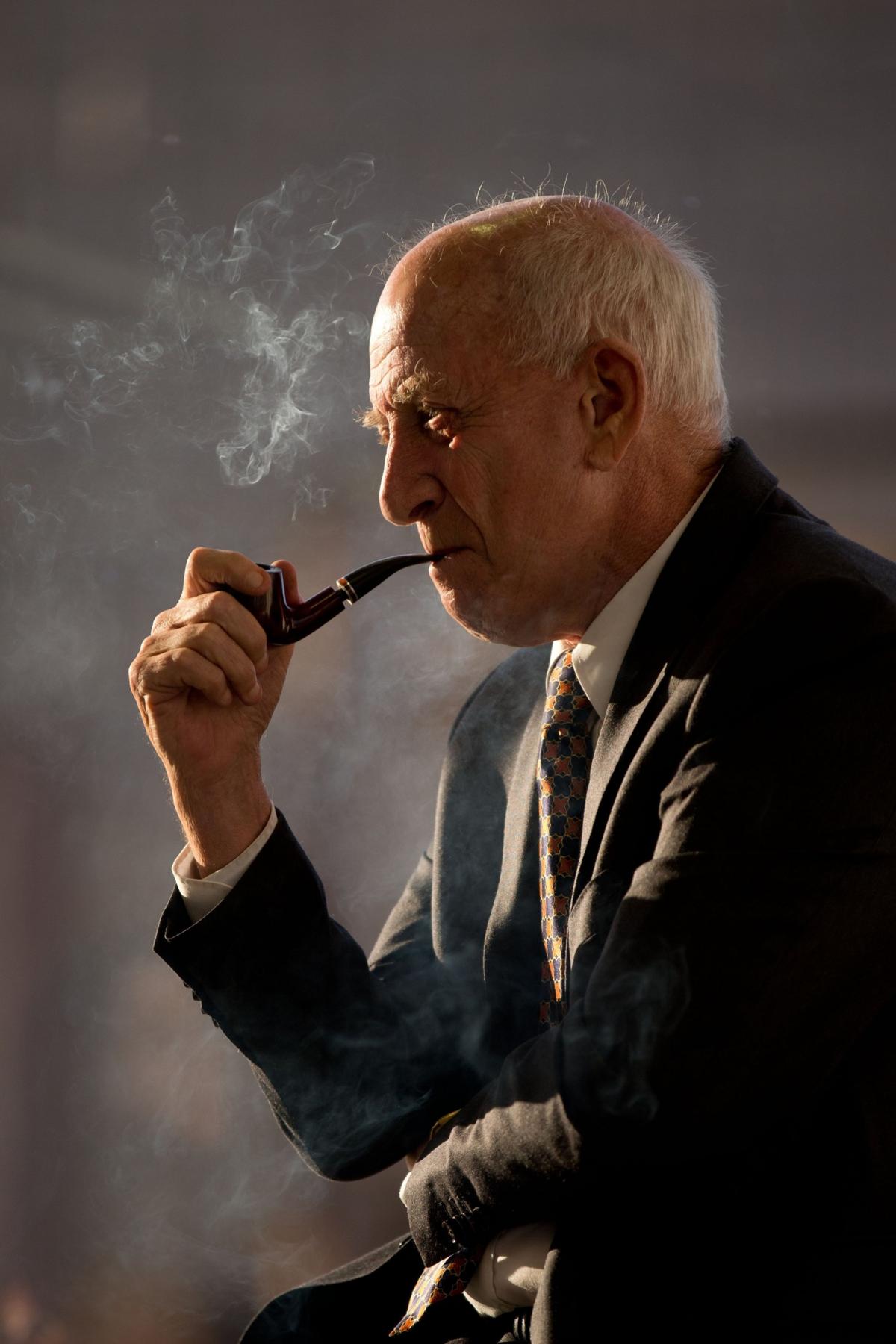Being asked to join a board is a privilege and aspiring directors need to understand it is a huge responsibility that must be taken seriously, Rachel McLauchlan says.
Since returning to Dunedin 14 years ago after a decade working in London, Ms McLauchlan has developed a strong interest in governance across various sectors including property, fast-moving consumer goods (FMCG), manufacturing, technology and education.
Responsibility for board decisions sat with everyone.
“It’s about everyone realising they are responsible for the whole piece,” she said.
It was while working for a United States-listed company in London that the chartered accountant had the opportunity to see so many different aspects of such a huge organisation, including strategic decisions being made.
Questioning the reasons behind those decisions started to whet her interest in governance.
That was coupled with her brother’s own prominent career in business and governance and him talking to her about what was going on in his world.
Describing herself as a very proud Dunedinite — and also very proud mother-of-three — Ms McLauchlan grew up in the city, attending both school and the University of Otago, completing degrees in commerce and law.
After graduating, she moved to Auckland, embarking on her professional career at KPMG where she had an “amazing time”, with exposure to many different industries, businesses and sectors.
She later travelled overseas with her husband and landed a role with the US-listed company in London.
Shifting from practice into industry was a big step, she recalled.
Returning to Dunedin was also a big step professionally, having been away for quite some time. But she was loving living and working in the city and being part of the community.
Her first network connection was through the Institute of Directors, an organisation which people encouraged her to join.
Former branch manager Vivienne Seaton suggested she do the governance development programme and she discovered a “fantastic network of people”.
While she was an accountant and also did consulting, she was interested in exploring the governance space and the institute had been very good at opening the pathway and giving her ideas on how to do that and what skills she needed.
She has served on the board of Whitestone Cheese and is currently on the boards of Otago Innovation, Hillcrest Properties, Columba College board of governors and is a trustee for the Transition to Work Trust.
Asked who had been instrumental in her governance career, Ms McLauchlan said she had “just clicked” with Queenstown-based professional director Sarah Ottrey whom she got chatting to during a coffee break at an Institute of Directors national conference.
Over time, she was someone she would bump into and, once she got to know her, she was able to “pick her brain” and ask her for ideas.
“Sarah is just wonderful, she gives up so much time for people. You need someone like that in your life you can pick the phone up or ask a question,” Ms McLauchlan said.
Flipping that around, she now tried to do that with other people.
Another influential person had been her late father who was also involved in the business community in Dunedin and was a very positive person, something that she also endeavoured to be.
Management did not sometimes understand what governance was there for and what a director actually did.
Some people were “almost scared” of board meetings and directors and that was a real shame.
“Directors are on the team of the business, they are just part of the organisation. They are the umbrella on top of everything.”
For those starting their governance career, it was a huge learning curve particularly when they joined their first board because they were trying to understand not only a business, but also the terminology which could be very specific to that business.
So it was about listening, particularly in that first year, and being respectful of institutional knowledge — “sitting there and tapping into it as much as you can”.
When considering a role, it was important to do due diligence — “please understand the financials of any organisation” — get a feel of it and ensure it was the right fit.
Directors needed to be clear about why they wanted to be on a board.
Many governors started their career in not-for-profit roles and the experience gained there, whether on school boards or sports organisations, threw up a huge amount of governance issues.
“I think you see it all, I think it’s great preparation for going into that commercial space.”
There was a “very delicate dance” between governance versus management and the critical thing in any board and management relationship was a good relationship and alignment between the chairman and chief executive.
“If that relationship is not strong, the organisation is not going to flourish.”
Asked what directors were thinking about at the moment, she said board succession was relevant and, with that, a skills matrix.
When looking at a board, it was important to understand the skills of each board member.
“Everyone brings something different to the table.”
Lately there had been government policy changes and discussion around how that was impacting organisations. Boards were also grappling with the “tariff world”.
“It’s quite an unsettled world at the moment and people are quite unsettled. Being aware of that is really important,” she said.
Plus, everyone was talking about artificial intelligence. While there was a lot of debate around it, Ms McLauchlan said it was “just another tool to use”.
Asked how her own values had supported her, Ms McLauchlan said being someone who was trustworthy was very important.
“Trust for me is critical. Feeling like people can trust you and you can trust in someone else is really important. If you don’t have that, you have a problem.”
Building connections and relationships with those you worked with was also important and having integrity and showing respect — even if you did not agree with a point of view — was critical, she said.
Asked about imposter syndrome, Ms McLauchlan said “the feeling of being completely out of your comfort zone” was common going into a new board setting, but that was normal.
If she was feeling a little uncomfortable, she would ask lots of questions — not necessarily at a board meeting — and, if she was not understanding things, she would reach out to the organisation. There was no such thing as a silly question.
When it came to culture, that could change very quickly and it did not take much to upset the culture of a board, particularly if strong personalities were involved.
“For me, a lot of culture comes from that respect that everyone has for each other and that philosophy of supporting each other and being aligned with the purpose of the organisation and what you’re there for.
“When you’ve got a good culture, work really hard to hold on to it,” she said.














